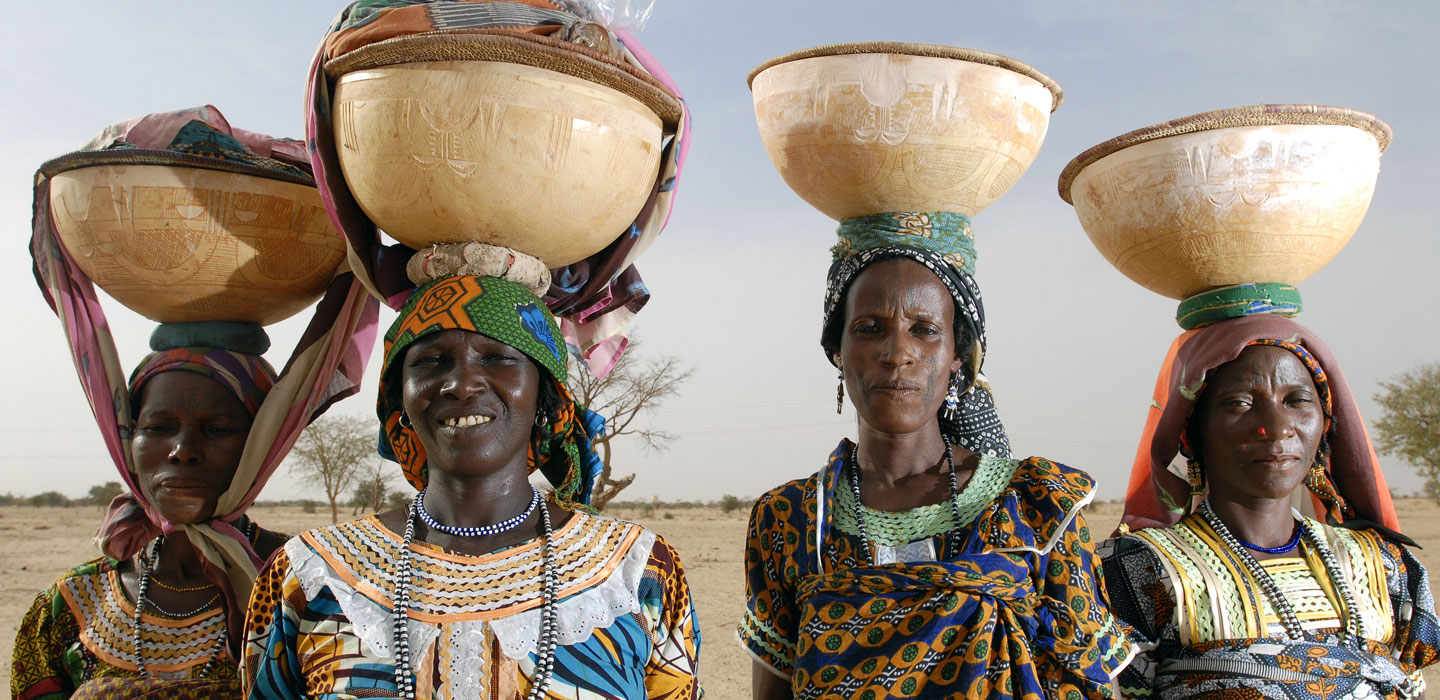Tools and guidelines
الأدوات والإرشادات

الأدوات والإرشادات
عرض القائمة
Search Results Filters
نتائج البحث
Scaling up note: Nutrition-sensitive agriculture and rural development
مايو 2015
In 1977, IFAD made improving “the nutritional level of the poorest populations in developing countries” one of the principal objectives of its founding agreement. Since then, governments, civil society and development organizations also have come to recognize the central importance of nutrition – which comprises undernutrition, micronutrient deficiencies and overweight – to development.
ملاحظة لتوسيع النطاق: إدارة المياه الزراعية
مايو 2015
يعتبر الماء ذو أهمية أساسية للتنمية البشرية والبيئة والاقتصاد. الوصول إلى الماء والأمن المائي أمر بالغ الأهمية لتحسين الأمن الغذائي ودخل وسبل عيش المجتمعات الريفية. لا يزال الوصول الموثوق إلى المياه يشكل عقبة رئيسية أمام ملايين المزارعين الفقراء، معظمهم من المزارعين في المناطق البعلية، ولكن أيضًا المشاركين في الزراعة المروية. يشكل تغير المناخ وأنماط هطول الأمطار المتغيرة الناتجة تهديدًا لكثير من المزارعين، الذين يخاطرون بفقدان الأمن المائي والانزلاق مرة أخرى إلى مصيدة الفقر.وبالتالي فمن الضروري تعزيز قدرة المجتمعات على تبني ونشر تقنيات إدارة المياه الزراعية.
Scaling up note: Gender equality and women’s empowerment
أبريل 2015
IFAD has achieved significant results in promoting innovative gender mainstreaming and pro-poor approaches and processes in its operations, making this an area of IFAD’s comparative advantage.
Effective project management arrangements for agricultural projects: A synthesis of selected case studies and quantitative analysis
مارس 2015
In 2013, IFAD commissioned a study to analyse project management arrangements for market‑oriented smallholder agriculture. As IFAD adapts to the changing development discourse, the organization has focused increasingly on improving Project Management Unit (PMU) arrangements in order to provide more effective and expanded management and technical skills. This review was undertaken to evaluate the effectiveness of PMUs and their alignment with the Paris Declaration principles, as well as to identify lessons or frameworks to guide future project management and implementation arrangements. It investigated five case studies drawn from different regions and types of projects.